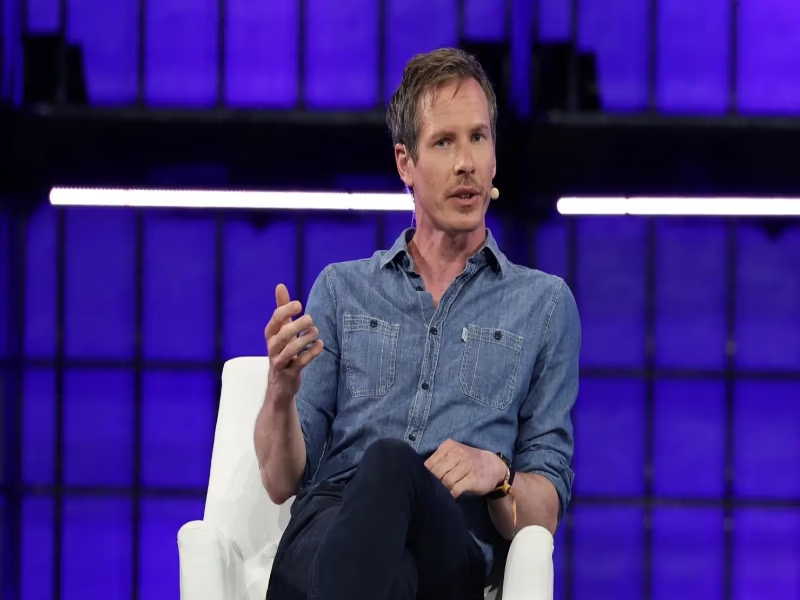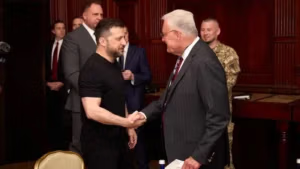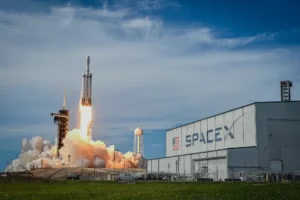Present existing artificial intelligence systems developed by labs such as OpenAI are not expected to result in significant scientific discoveries, one of the tech co-founders said, dampening some of the enthusiasm surrounding the technology and assertions by high-profile personalities in the field.
The statements of Thomas Wolf, the Co-founder of the $4.5 billion AI startup Hugging Face, stand against a striking backdrop of those of significant players in the AI field, including OpenAI’s CEO Sam Altman and Anthropic CEO Dario Amodei.
By scientific breakthrough, Wolf refers to new ideas, such as one at a Nobel Prize level. Cases such as Nicolaus Copernicus, who theorized that the sun was at the center of the universe and that other planets orbit around the sun, have been illustrated.
There are two problems that Wolf described with chatbots at the moment. The first of them is that such products as ChatGPT and others tend to concur or be consistent with the individual who is initiating it. For instance, one can consider whether he has told a chatbot a prompt, yet it will say how interesting or great the question is.
The second is that the models which are fundamental to these chatbots are intended to “predict the most likely next token” or “word” in a sentence.
But there were two important qualities of scientists that he observed, the first is that scientists who make big breakthroughs tend to be contrarians and challenge what other people are saying.
“The scientist is not trying to predict the most likely next word. He’s trying to predict this very novel thing that’s actually surprisingly unlikely, but actually is true,” Wolf said.
The co-founder of Hugging Face has been contemplating this issue over the past few months. He got interested after reading an essay by Amodei of Anthropic, who had written that “AI-enabled biology and medicine will allow us to compress the progress that human biologists would have achieved over the next 50-100 years into 5-10 years.”
That made him start to think about the state of AI and how this will not be possible, in his opinion, with the current generation of models.
According to Wolf, such chatbots and tools will probably be employed as a kind of “co-pilot for a scientist,” as in the case of research, they can be employed to assist the human with coming up with new ideas.
This has been occurring to some degree; the AlphaFold product developed by Google DeepMind has assisted in analyzing the structures of proteins, which the company has vowed would assist scientists in finding new drugs.
However, some upcoming companies are pushing AI a step further towards being capable of making scientific discoveries, such as Lila Sciences and FutureHouse.






